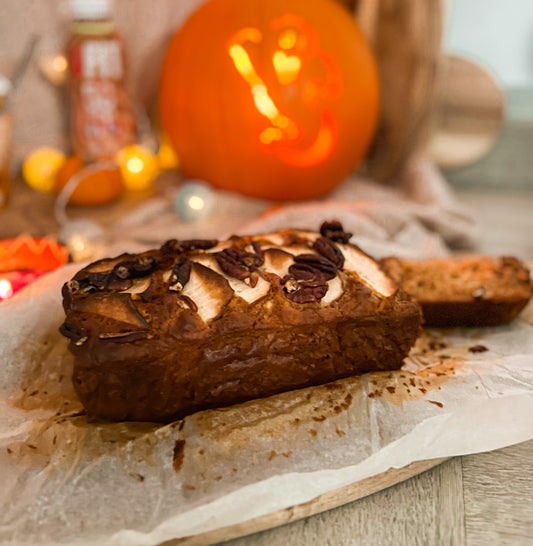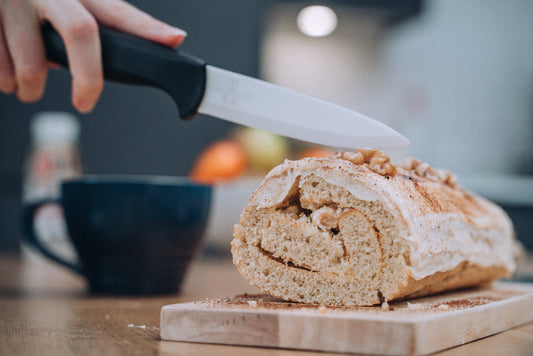Here at UFIT, we understand what it’s like to struggle with your relationship with food.
We exist in a society that demonises certain foods and creates a toxic atmosphere around managing your food intake.
When we demonise certain foods, this creates a sense of taboo and sin when we consume them which often triggers feelings of shame and guilt. Many people who embark on highly restrictive diets struggle to break free of this cycle of guilt and it’s not surprising.
We’ve all experienced that undeniable craving for something deep fried, or something sweet and gooey. We spend all day fighting these cravings because it’s “bad” and we desperately wish we could crave a salad instead. But it turns out, there’s scientific reasons behind the types of food we crave.
Research suggests that cravings for calorie dense food is actually coded into our DNA as an evolutionary survival mechanism to help us withstand freezing winters and famine! Not only this, but food cravings are also largely linked to our emotions. Research shows that carb and fat rich foods have a calming effect on our brains as they help boost serotonin production, so when you’re feeling stressed and anxious, it’s natural to start craving sweet and starchy foods. This is why it is important to develop a healthy relationship and understanding of food and their benefits, as well as effective de-stressing methods to balance these cravings.
Chocolate, for instance, is typically labelled as a “bad” food, but did you know that consuming a small amount of dark chocolate on a regular basis can help improve your heart health? Yet in a 2014 study, women who were surveyed who had a “negative” mentality surrounding chocolate were less likely to have success with long term weight loss and suffered from greater body image dissatisfaction*
Of course, eating very large amounts chocolate - or any food, in fact - isn’t going to do your physical health any good, but allowing yourself to enjoy a small, sensible amount could help improve your mental wellbeing, which is just as important.
The language we use to refer to these foods is also extremely important in adjusting perceptions. “Cheat Day” is a phrase often used to refer to a calorie dense day of eating, implying that by eating these foods, you’re doing something bad, but it’s important to understand that there is no one food that is so terrible for us we should avoid it all together (unless, of course you have an allergy or intolerance).
There are high calorie foods. There are low calorie foods. There are foods that are more nutritional than others and foods that fuel our bodies in different ways, but ultimately, all that really matters is how we balance our diet and what makes us happy.
Food is not evil. Satisfying a craving doesn't make you "bad". And enjoying a calorie-dense day isn't "cheating".
We think it's time to set aside the shame and start being kinder to ourselves. So put aside the needless guilt, cut yourself some slack and eat the cake!
Sources: Johns Hopkins Medical



